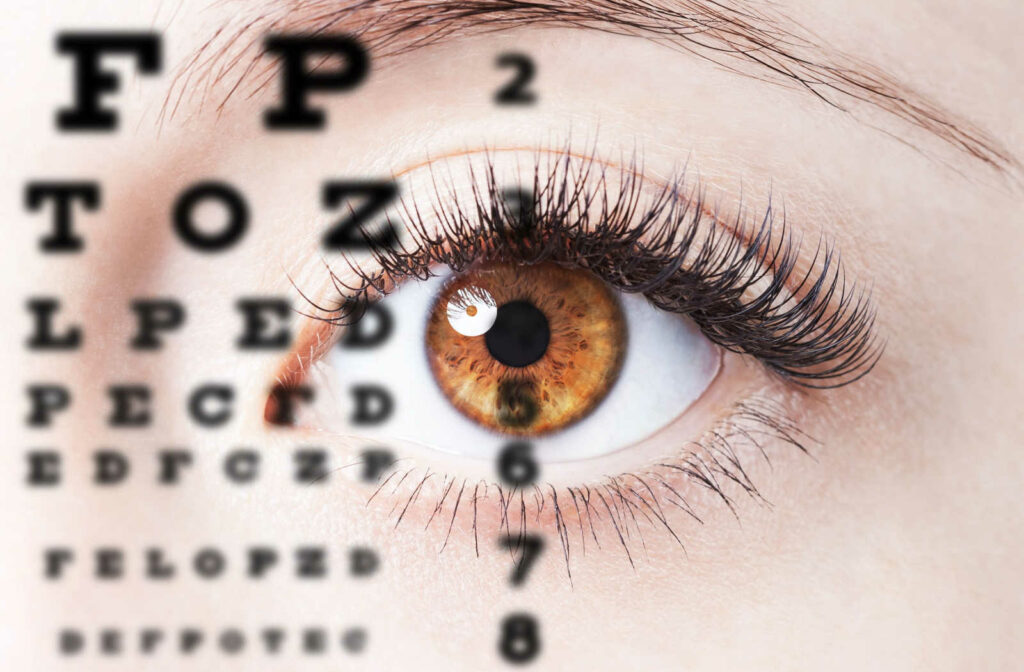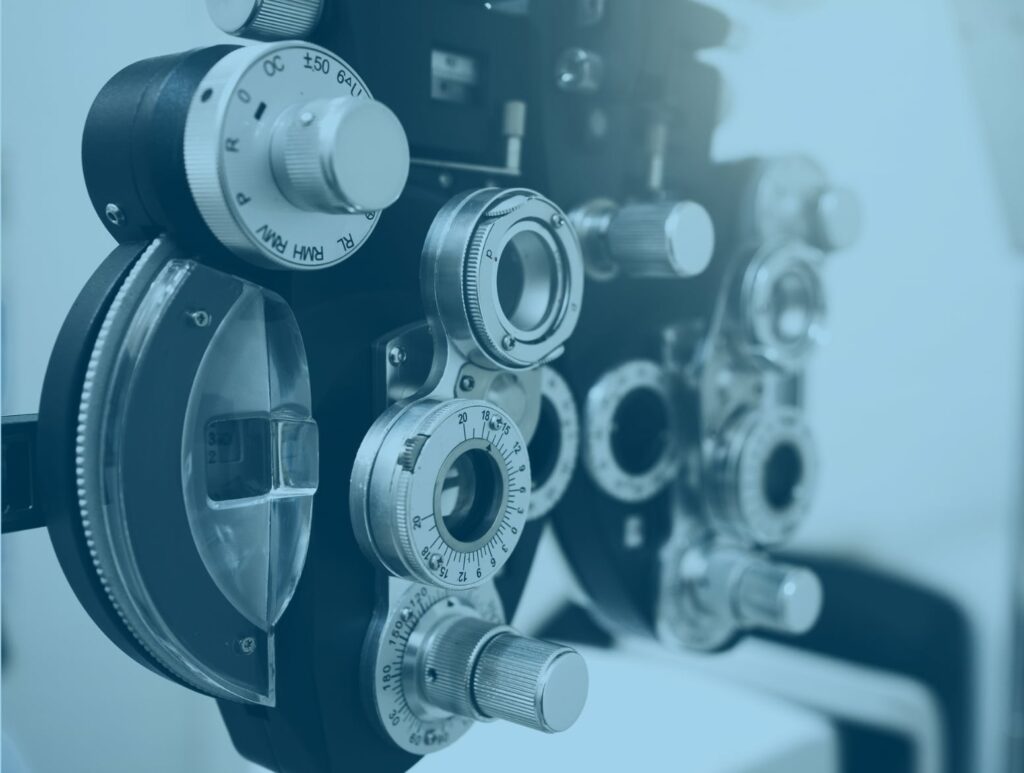All Categories
Featured

Managing chronic eye problems can be a challenging journey, yet with the best approach, people can preserve an excellent quality of life and maintain their vision. Chronic eye conditions such as glaucoma, macular deterioration, diabetic person retinopathy, and completely dry eye condition usually call for lasting monitoring and constant care. The trick to successfully handling these problems hinges on a mix of professional care, way of living changes, and regular tracking.
- Regular Eye Examinations
Regular eye examinations with an eye doctor or ophthalmologist are necessary for monitoring the development of persistent eye conditions. Early detection of adjustments can help handle and avoid more vision loss. As an example, problems like glaucoma can be managed efficiently if caught early, as treatment can reduce its progression. Individuals need to follow the schedule recommended by their eye treatment specialists, as regular exams can help catch any kind of difficulties prior to they get worse.
- Sticking to Prescribed Therapies
Several chronic eye problems are workable with drug, way of living adjustments, or a mix of both. Eye declines are typically prescribed to treat glaucoma, while anti-VEGF shots may be advised for macular degeneration.
- Diet Plan and Nutrition
Correct nutrition plays a vital duty in maintaining eye health and wellness. Consulting with a nutritional expert can assist people tailor their diet regimen to sustain eye health while taking care of other elements of their problem, such as blood sugar degrees for diabetic person people.
- Safeguarding the Eyes

Individuals managing chronic eye problems must take actions to safeguard their eyes from further pressure or damages. Wearing sunglasses that block UV rays can help shield the eyes from harmful sunshine, which can exacerbate conditions like cataracts or macular degeneration. Furthermore, staying clear of smoking cigarettes is critical, as it can increase the danger of a number of eye conditions, consisting of macular deterioration.
- Checking Symptoms at Home
Tracking symptoms is another vital facet of handling chronic eye conditions. Clients ought to know any kind of adjustments in their vision, such as blurriness, sudden vision loss, or increased level of sensitivity to light, and report these modifications to their doctor. Using devices like an eye chart at home or surveillance aesthetic disruptions can assist individuals stay aggressive in their care.
- Support and Education
Dealing with a chronic eye problem can be mentally and psychologically tiring. Support from household, buddies, or assistance groups can make a significant distinction in handling the condition. Lots of individuals additionally profit from instructional sources that aid them recognize their diagnosis and therapy alternatives. Understanding is power, and the more clients understand about their problem, the much better equipped they are to handle it properly.
To conclude, managing persistent eye conditions involves a holistic strategy that includes normal eye exams, adherence to prescribed treatments, maintaining a healthy and balanced diet regimen, and safeguarding the eyes from added damages. With the ideal treatment and assistance, patients can successfully manage their eye wellness and keep their vision for many years to find.
Efficient Techniques for Handling Chronic Eye Issues: A Client's Overview

Persistent eye problems such as glaucoma, cataracts, macular degeneration, and diabetic person retinopathy can dramatically affect a person's quality of life. However, with an aggressive approach and the appropriate sources, clients can take charge of their eye health and wellness and protect against further difficulties. This overview offers practical methods for effectively managing chronic eye problems.
- Early Medical Diagnosis and Constant Surveillance
One of one of the most essential actions in managing a persistent eye condition is early medical diagnosis. By capturing eye illness in the early stages, clients have a higher possibility of reducing their development. Normal eye tests are critical, even for those that don't experience obvious signs and symptoms. For example, glaucoma can proceed without visible signs and symptoms up until considerable damages has happened. Routine check-ups allow doctors to track adjustments and readjust therapy plans appropriately, stopping long-lasting damage.
- Medication Management
Lots of chronic eye problems can be regulated or stabilized with the usage of prescription medicines. Eye drops for glaucoma, for instance, help reduce intraocular pressure and avoid optic nerve damages.
- Way Of Living Changes
A healthy and balanced way of living is critical for handling chronic eye problems. Routine workout, a healthy diet plan, and enough rest add to total health and can have a favorable effect on eye wellness. Individuals with diabetes mellitus need to focus on preserving steady blood sugar degrees to prevent diabetic person retinopathy. Additionally, integrating nutrient-rich foods such as leafy environment-friendlies, fish, and citrus fruits right into the diet plan can supply the needed minerals and vitamins to support healthy and balanced vision. Avoiding smoking cigarettes and excessive alcohol usage can additionally minimize the danger of intensifying problems like macular degeneration.
- Safeguarding the Eyes from Outside Factors
Ecological elements such as wind, dust, and sunlight can get worse signs of certain eye problems. Wearing safety sunglasses with UV filters can shield the eyes from harmful rays that add to cataracts or macular deterioration. Furthermore, utilizing man-made splits or lubricating eye declines can assist take care of the signs of dry eye disease, which is common among individuals with chronic eye conditions.
- Psychological and Mental Wellness Support
Living with a chronic problem can be stressful, and managing modifications in vision can bring about sensations of disappointment or depression. Looking for emotional support from pals, household, and even sustain groups is an essential component of taking care of chronic eye conditions. Several patients also find it useful to speak with therapists or psychological health and wellness specialists to create coping methods for dealing with the emotional effect of their condition.
- Using Modern Technology
Developments in modern technology have offered numerous tools to assist people handle persistent eye conditions. Applications that track vision adjustments, assistive devices for analysis or flexibility, and low vision aids can all enhance day-to-day live. For example, electronic magnifiers and text-to-speech gadgets are useful for patients with macular degeneration. By embracing available modern technologies, clients can preserve freedom and simplicity everyday activities.
In recap, handling persistent eye conditions includes a mix of very early discovery, reliable therapy, way of living adjustments, and emotional assistance. By remaining watchful concerning eye wellness and making thoughtful decisions, people can proceed to take pleasure in life with very little disruption from their problem. Regular interaction with doctor and a dedication to self-care are the structure of reliable administration.
Latest Posts
Improve Your Home's Outside with Weathercraft's Siding Solutions
Published May 28, 25
1 min read
Safeguard and Improve Your Home with Weathercraft's Siding Solutions
Published May 27, 25
1 min read
Uncover Brake Repair & More: Full Repair Options from Montclare Auto Repair
Published May 27, 25
1 min read